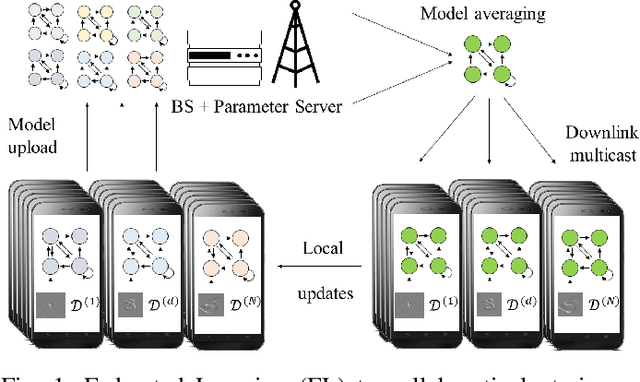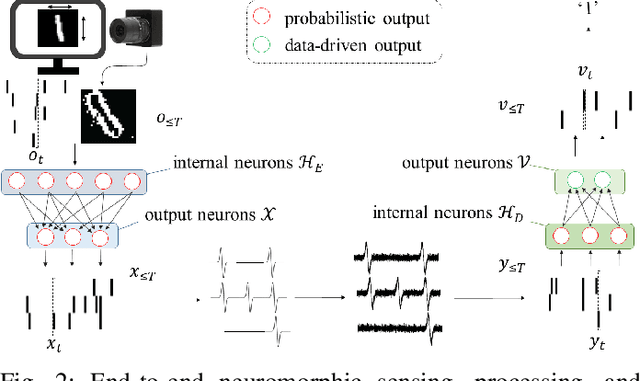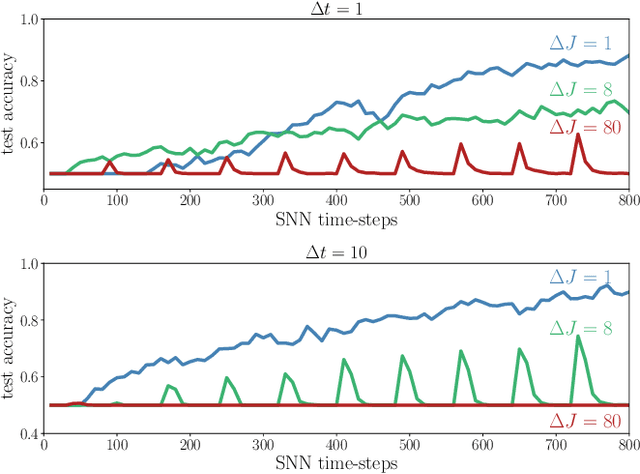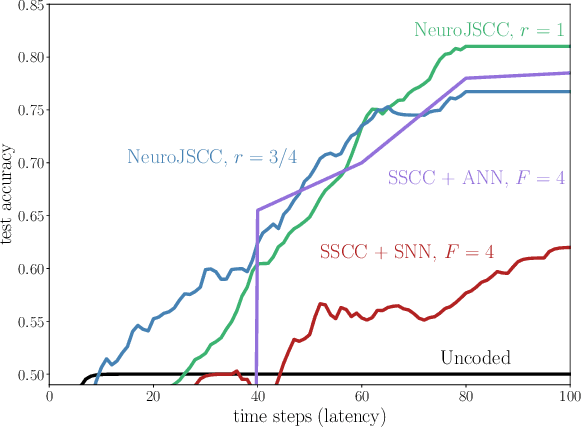Spiking Neural Networks -- Part III: Neuromorphic Communications
Paper and Code
Oct 27, 2020



Synergies between wireless communications and artificial intelligence are increasingly motivating research at the intersection of the two fields. On the one hand, the presence of more and more wirelessly connected devices, each with its own data, is driving efforts to export advances in machine learning (ML) from high performance computing facilities, where information is stored and processed in a single location, to distributed, privacy-minded, processing at the end user. On the other hand, ML can address algorithm and model deficits in the optimization of communication protocols. However, implementing ML models for learning and inference on battery-powered devices that are connected via bandwidth-constrained channels remains challenging. This paper explores two ways in which Spiking Neural Networks (SNNs) can help address these open problems. First, we discuss federated learning for the distributed training of SNNs, and then describe the integration of neuromorphic sensing, SNNs, and impulse radio technologies for low-power remote inference.
 Add to Chrome
Add to Chrome Add to Firefox
Add to Firefox Add to Edge
Add to Edge